Last evening we held an informal meeting to introduce Drs. Adeline Vanderver and Markus Hofer. Both have worked extensively to characterize and understand the mechanisms that lead to brain damage in Aicardi-Goutieres Syndrome. Efforts to model AGS in mice and artificial organoids have proven difficult, and questions remain about the particular cell types, tissues, and pathways primarily responsible for AGS. In order to confirm observations about disease mechanisms observed in model organisms, Dr. Markus Hofer has extensively studied brain tissue donated by AGS families worldwide. However, the age and limited availability of these tissues present challenges to this work. The number of AGS brains available for research can be counted on two hands, and the legacy methods used to preserve them (e.g. in formaline/formaldehyde) make it challenging to extract RNA for modern genetic studies. Additionally, many of the brains were donated before the identification of AGS genes and the prevalence of modern genetic testing. We cannot confidently associate clinical information and confirm genotype with donated tissues. Indeed, much of our conversation focused on attempts to identify the specific doctors and patients related to the tissues being examined.
Admittedly, organ donation is not something we as parents want to consider. I would rather avoid the thought of making decisions surrounding the loss of my child, but we can resolve now to improve the lives of those with AGS ahead of us. We can accelerate research by donating to this invaluable and precious resource. Register to donate today.
NIH NeuroBio Bank
The National Institute of Health (NIH) in the United States maintains the NIH NeuroBio Bank, a biobank of brains donated for scientific research. This precious and limited resource allows researchers to examine and analyze AGS in humans, a critical piece of solving the complexity of AGS. Consider registering today to help the AGS community.
Studies using donated brain tissue following death are the most promising avenue for researchers to learn how to prevent and cure disorders of the brain.
